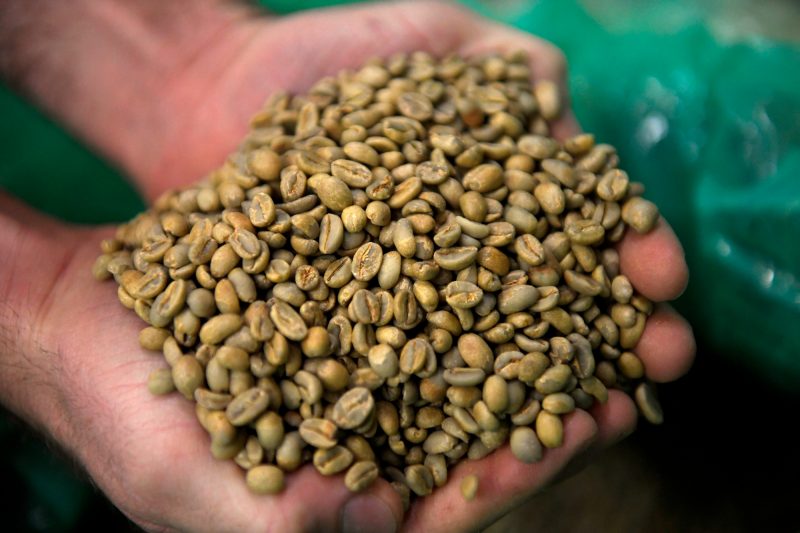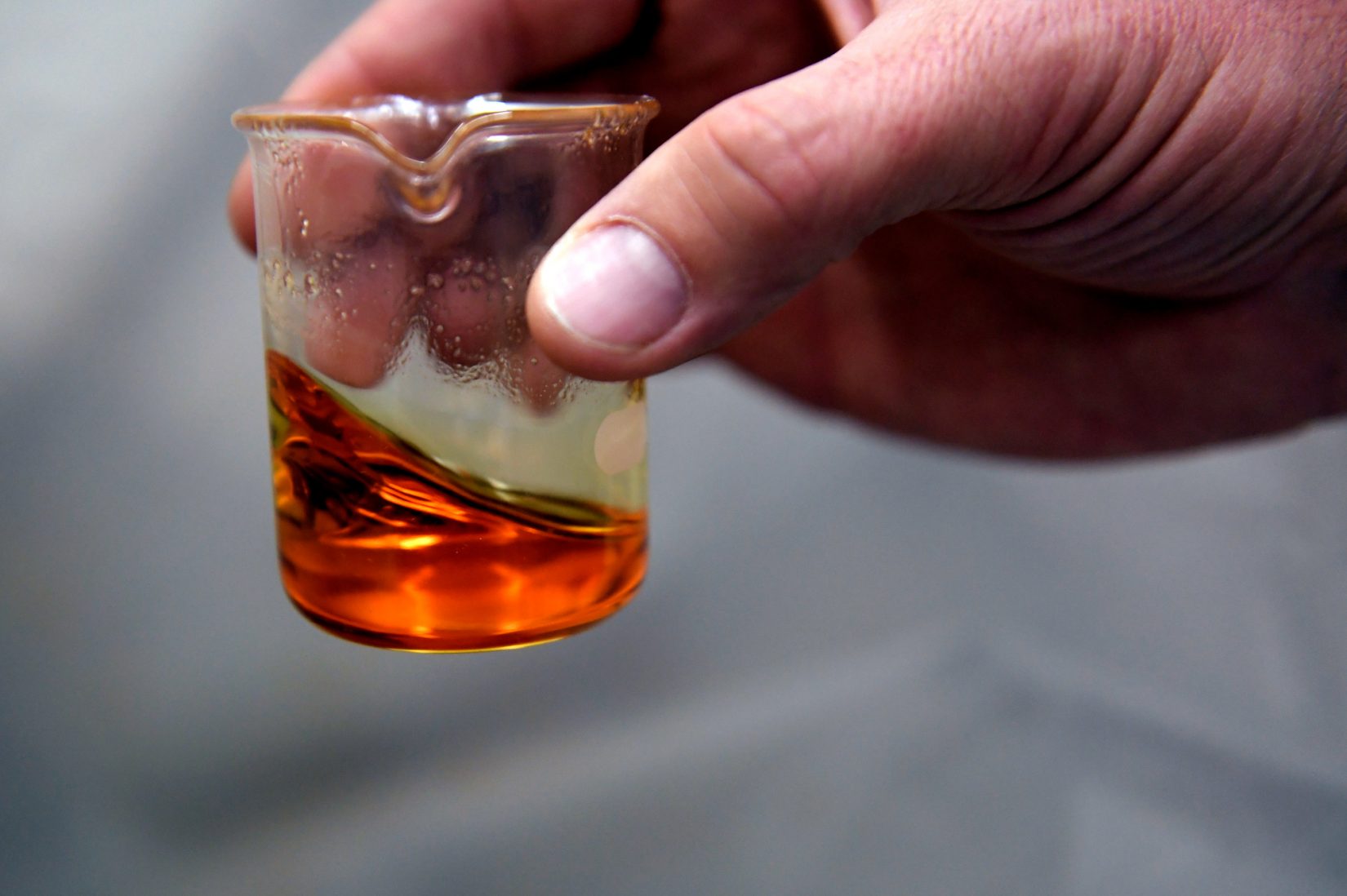With the stroke of a pen, hemp could be treated like any other food ingredient under Colorado law.
A bill is on its way to Gov. John Hickenlooper’s desk to apply existing food manufacturing guidelines to products such as hemp oil-infused coffee and CBD-rich extracts made from the non-psychoactive cannabis plant variety.
At its simplest form, House Bill 1295 — which unanimously passed the Colorado Senate on Wednesday — merely codifies a state policy and program in place since July. In a broader context, Colorado’s buttoning up of regulations is a novel move to protect the state’s emerging industrial hemp industry as the plant’s legality is debated federally.
The regulatory red tape wasn’t seen as a burden by a few Colorado businesses that make products from industrial hemp.
“Nationally, we simply don’t have any regulatory structure in place,” said Andrew Aamot, co-founder of Strava Craft Coffee, a Denver-based coffee company that launched a line of hemp oil-infused beans and brews. “As we progress toward greater acceptance on the national level, I think Colorado companies are uniquely positioned to do things right at the very beginning.”

By operating under the regulatory purview of the Colorado Department of Public Health and Environment, Aamot said Strava should be able to increase its transparency, safety and credibility with customers.
As of this week, 94 businesses have registered as hemp manufacturers under Colorado’s industrial hemp food manufacturing policy implemented last July, according to state data.
Colorado agencies, through CDPHE, have interpreted Colorado’s 2013 hemp laws to allow for the manufacture and distribution of hemp food products for consumer purchase and consumption.
“However, that wasn’t necessarily spelled out” in law, said Garrett O. Graff, an attorney with the Hoban Law Group, a Denver-based cannabis law firm that represents industrial hemp businesses.
The provisions of HB-1295 codified existing policy and then took that a step further by doubling up on the safeguards. The bill’s provisions include language that would prohibit a company with an FDA-approved pharmaceutical from preventing or restricting the production, sale or distribution of naturally occurring CBD extracts.
The admonishment comes as CBD drug Epidiolex enters the homestretch of becoming the first-ever plant-derived cannabinoid pharmaceutical to garner U.S. Food and Drug Administration approval.
The GW Pharmaceuticals medicine for rare forms of epilepsy has stoked fear among producers of CBD-rich extracts derived from marijuana and hemp. If the FDA approves Epidiolex and the U.S. Drug Enforcement Administration reschedules the formulation or the active ingredient of CBD, the worry among some in the cannabis industry is that GW would have a powerful ally in the federal government to stamp out the artisanal market.
Similarly phrased provisions were included in HB-1187, which allows for the prescription of FDA-approved CBD medicines. That bill also passed the legislature this week.
The premise of HB-1295 has been in the works for two years, but hemp advocates initially were met with opposition by state regulators. The state officials were concerned that folding the language into Colorado’s Pure Food and Drug Act — which mirrors the Federal Food, Drug and Cosmetic Act — could jeopardize federal funding and put Colorado and its businesses at greater risk for federal intervention.

CDPHE’s Manufactured Food Division receives about $500,000 annually from licensing revenue and upward of $420,000 from federal sources for work related to inspections and standards, said Jeff Lawrence, director of CDPHE’s Division of Environmental Health and Sustainability. Instead of legislation, the hemp guidelines were established in state policy.
The hemp legislative efforts were successful this time around because the provisions would be tacked onto the end of the Colorado Pure Food and Drug Act as a new section.
“The amendments have alleviated the concerns that we had expressed,” Lawrence said.
Hemp advocate Veronica Carpio, who heads Grow Hemp Colorado, described House Bill 1295 as “historic.”
“The hemp foods bill is now a model for all states to utilize,” she said. “This is a perfect model for all the states.”
Hemp businesses that favored the legislation, however, were quick to note the limitations.
“The trick is, for all of this, unless they change this at the federal level, we’re still stuck,” said Chris Bedrosian, founder of Denver-based Flora’s Mercantile, which specializes in small-batch hemp oils, teas and dog cookies.
In recent weeks, that federal picture has grown more intriguing.
U.S. Senate Majority Leader Mitch McConnell, R-Ky., introduced the Hemp Farming Act of 2018, which would remove hemp from regulation as a controlled substance, treat the crop as an agricultural commodity, protect state regimes and bolster research.
“These two bills, while traveling down separate channels, are complementary to each other,” said Gabriel Ettenson, general manager of hemp CBD extract company Elixinol, which is moving its Colorado headquarters to Louisville from Broomfield and doubling its manufacturing space in the process.
